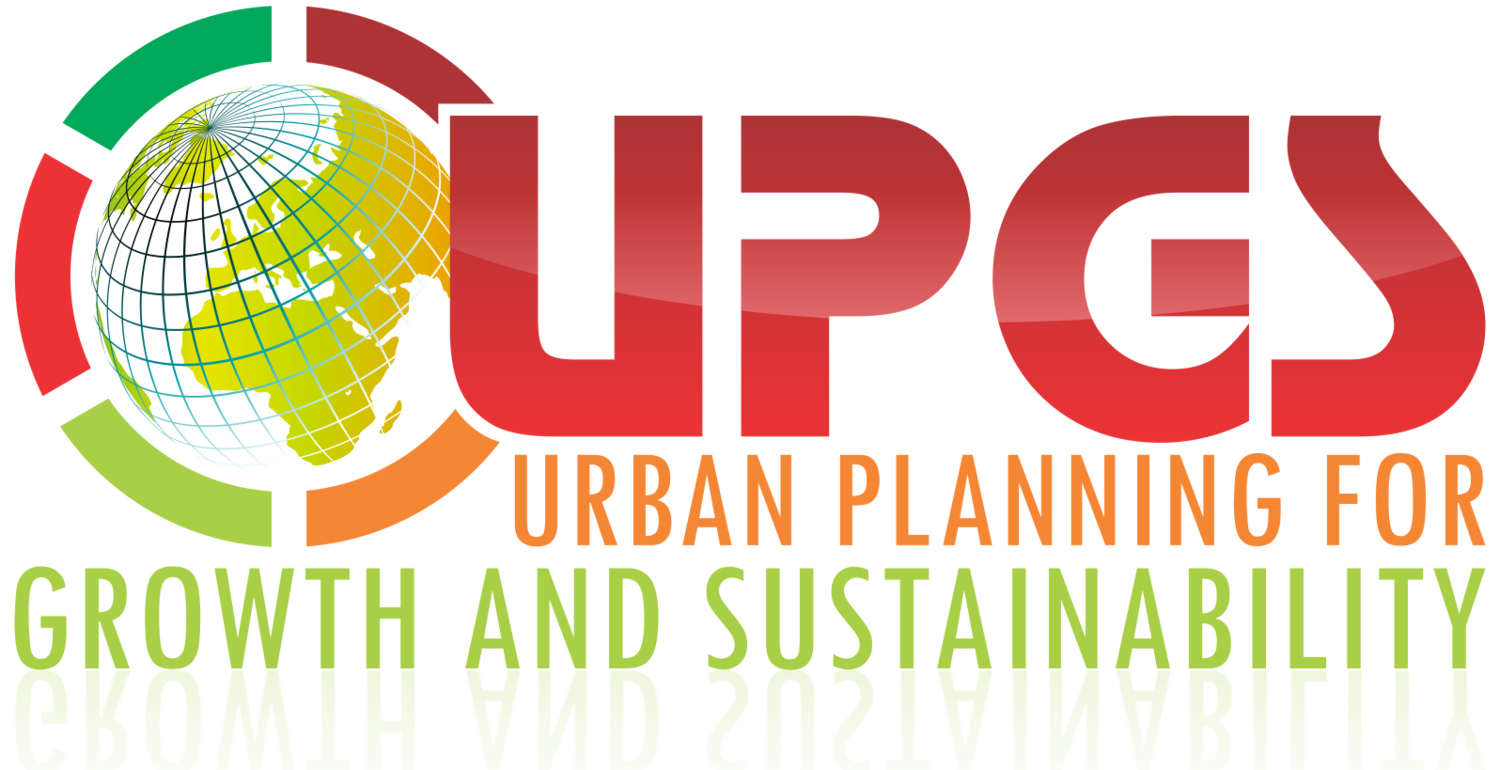UPGS is an initiative started by prominent executives of companies interested and motivated in seeing a strategic fundamental shift upwards in Agribusiness, Technology, Sustainability & Energy Sustainability in West Africa. The goal of the initiative is to improve quality of life and economic opportunity of the people and communities by creating a private training institute in Epe, Lagos, Nigeria which will be called IATSE.
Our Mission
We, as human beings, often lack the “inability to perceive the difference between public benefits and private profits”. We tend to ignore public wealth because it is common good.
This is a global story. We need to answer this question: What are the externalities of economic cost
(health cost, pollutants etc.)? When we measure growth domestic product (GDP) we don’t include our natural assets or corporate performance we don’t include our impact on nature. We need to recognize natural capital! This leads to data analysis of our natural capital.
"You cannot manage what you do not measure". We need to understand how planning for sustainability and our future will actually benefit us; so that were not placed in worse situations to sustain life. We need to find ways to sustain ecosystem services for our future. Norway has begun to drastically invest in these factors and UPGS believes it’s time for West Africa to have defining investments in data collection and information analysis.
According to the Bill & Melinda Gates foundation
Severe hunger and poverty affect nearly one billion people around the world and two billion people in the developing world are malnourished. Three-quarters of the world’s poorest people get their food and income from farming small plots of land. They deal with diverse and challenging farming systems, which face disease, pests, and drought, as well as unproductive soil, with limited access to inputs. Their livestock are frequently weak or sick, resulting in reduced production of eggs and milk to eat or sell. Their success or failure determines whether they have enough to eat, are able to send their children to school, can earn any money to save, and lead healthy and productive lives.
Meanwhile, in the intervening years, population growth, rising incomes, dwindling natural resources, and a changing climate have caused food prices to rise and agricultural productivity has once again become strained. Many of those affected are smallholder farmers. Three-quarters of the world’s poorest people get their food and income by farming small plots of land about the size of a football field. Most of them barely get by struggling with their farming systems. Their livestock are frequently weak or sick. Reliable markets for their products and good information about pricing are hard to come by, and government policies rarely serve their interests well.
Helping farming families increase production in a sustainable way, and sell more crops, is the most effective way to reduce hunger and poverty over the long term. UPGS’s strategic plan will train and develop the local population to grow more, earn more income, and eat better food. These are powerful tools for fighting hunger and poverty.
“Helping farming families increase production in a sustainable way, and sell more crops, is the most effective way to reduce hunger and poverty over the long term. Our strategic plan will train and develop the local population to grow more, earn more income, and eat better food. These are powerful tools for fighting hunger and poverty.”



